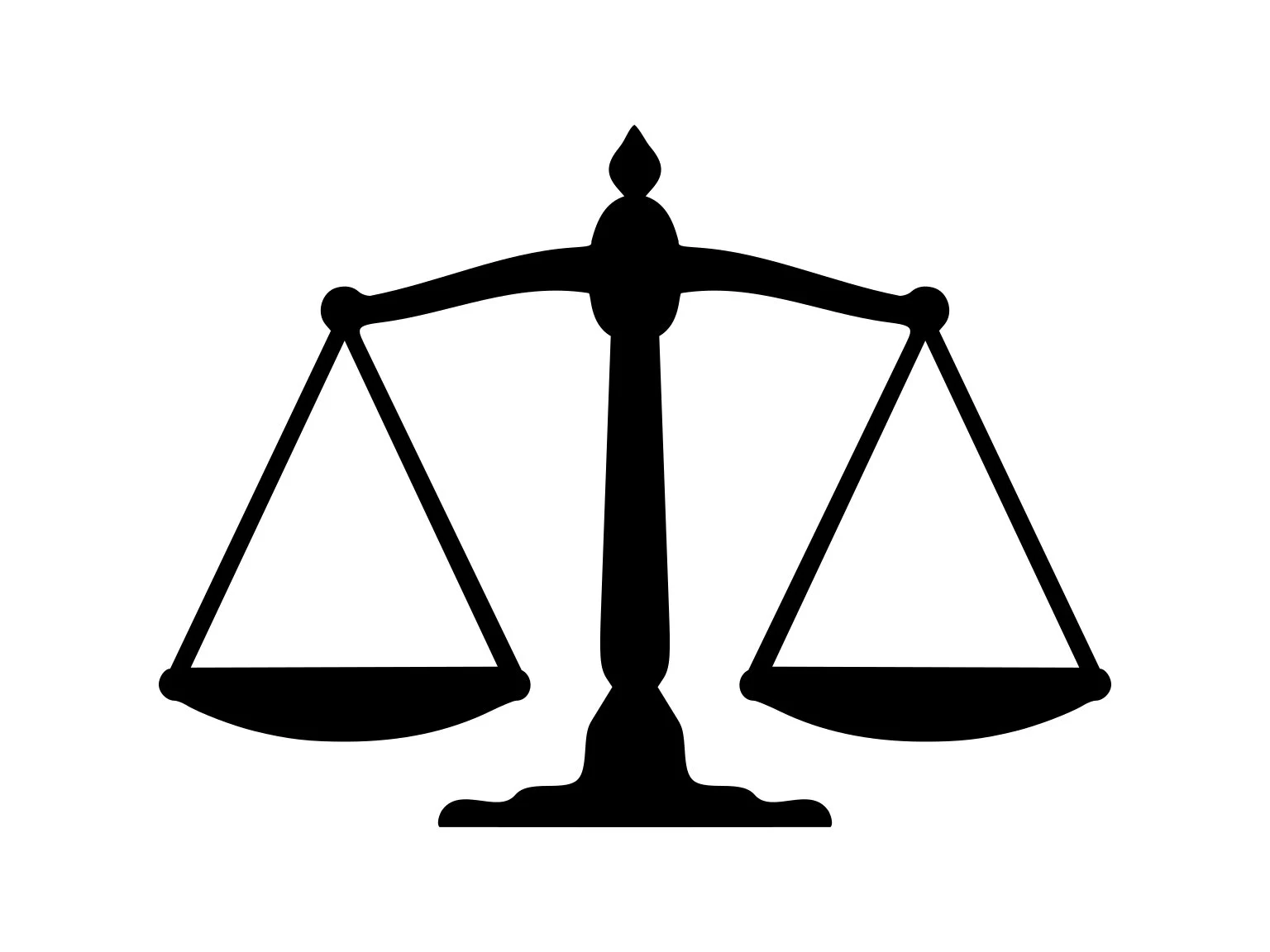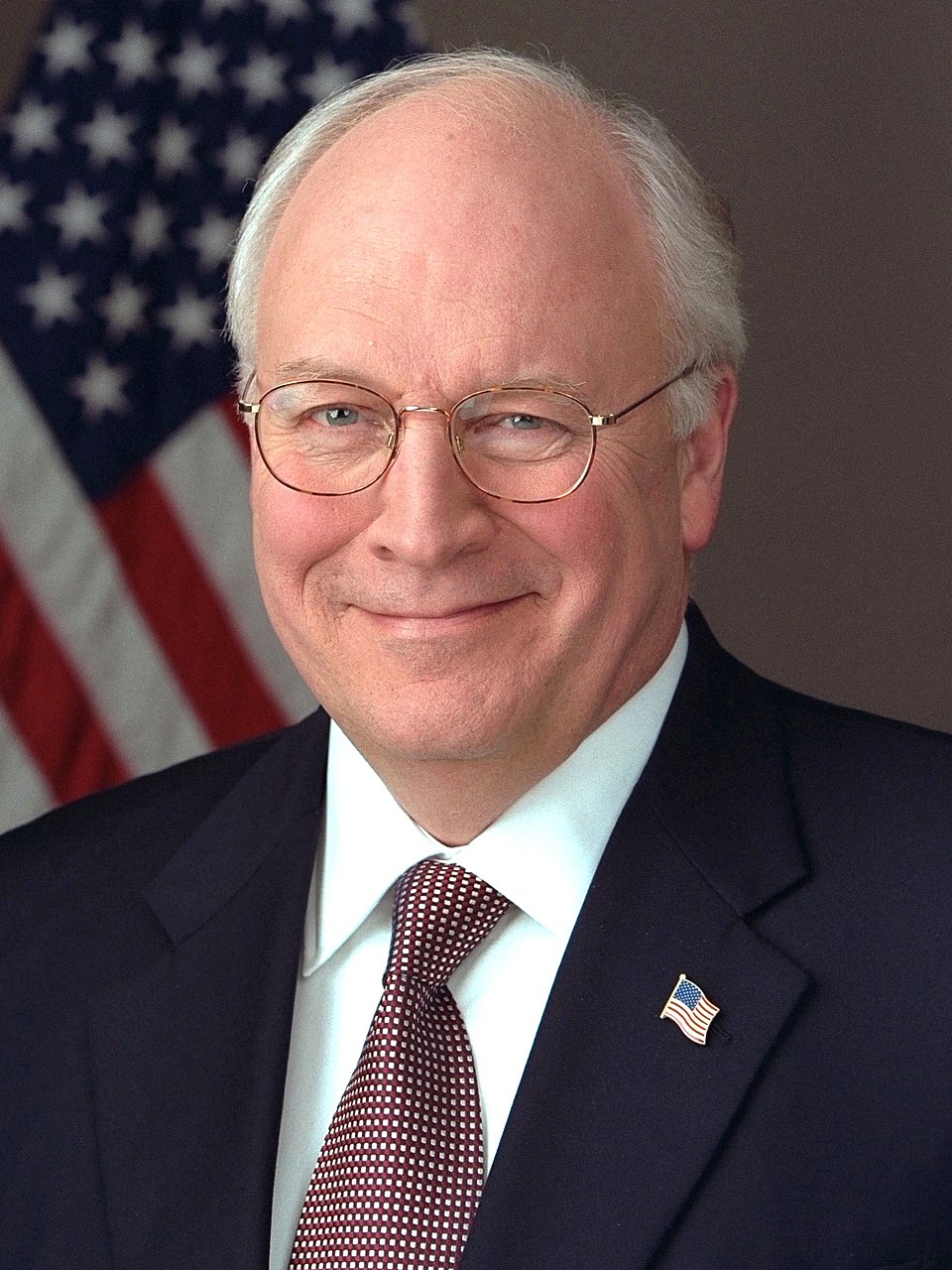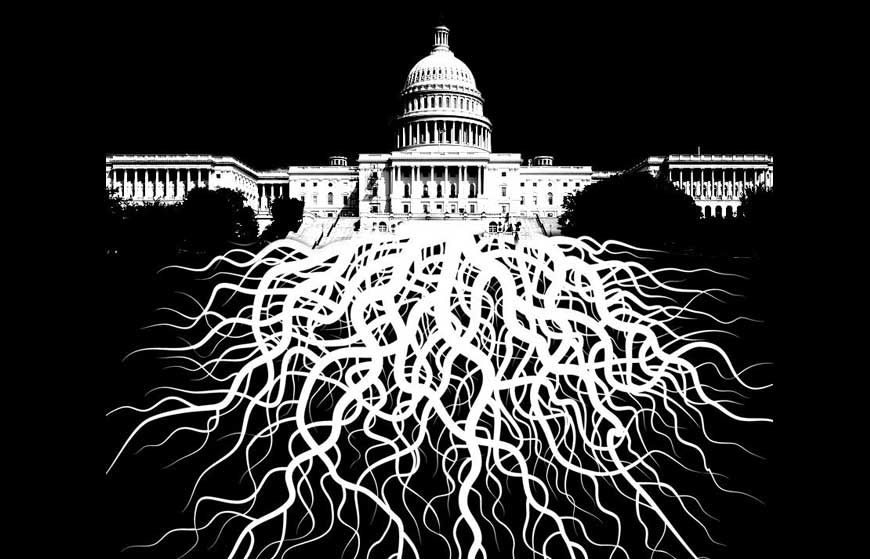Opinion: Lux et Veritas: The SimDem-VoD Divide

Lux et veritas. Light and truth. The role of journalism is to shed light where darkness rests and to break the shields and covers that protect the secrets hidden beneath. Journalism isn’t about playing mediator; it’s about putting reality on full display.
This past week has been eventful: the election of President Ferris; the bribery and brigade charges against former President Muggy; the arrest of Voices of Democracy (VoD) President Noll on hate speech and conspiracy charges; and the resignation of numerous officials and senators, including but not limited to former Vice President Thyme and former Attorney General Terak. I could spend this entire article simply recounting these events and offering my commentary, but there are plenty of other news sources and individuals who can do so with greater efficiency.
Instead, I want to focus on something that often gets glossed over in the grand scheme of things: the relationship between our democracy and Voices of Democracy (VoD) and perhaps even our relationship with political simulations as a whole.
To explain this, I need to revisit the so-called war that occurred. War raged between SimDem and VoD, sparked by nothing more than a “no balls” dare between former President Muggy and VoD President Noll. This led to the activation of the military, who, alongside many patriotic shitposters, engaged in warfare through memes, video edits, and songs.
On its own, this is sheer humor; but what particularly interested me was the short fallout that occurred between the former administration and the Senate over negotiations on a peace treaty between SimDem and VoD, sparking debate on the Senate floor that even extended to the Senate executive channels.
I interviewed Senate Speaker Lucas to gain his insight, seeing as he was the most informed on the issue. Lucas provided some very useful information in our interview, particularly about the role and cause of the negotiations, stating:
Advertisement
"We were going to do this exercise completely for the ease of the executive so that they do not have to run back and forth between both legislatures."
But inevitably, the question that lingers is one of consequence: there is no sidestepping it, no brushing it aside; it demands to be confronted. What happened? What led to the fallout and the eventual withdrawal of the joint session between SimDem and VoD to negotiate peace? When faced with this question, Lucas gave me a meandering response that summarized his point of view:
"To give you the most unbiased, impartial answer, the executive wants to conduct the negotiations themselves and opposes the session, and we have no interest in doing that."
At first glance, Lucas’s position seems neutral; yet, if the matter was so simple, why did it spark such a divide? A compromise could have been found easily. Or could it? To that, Lucas gave me his two cents on what he thought had occurred from his point of view:
"I clarified my positions and tried all I could to appease the president, but the president only tried to make a scene out of it, throwing a partial tantrum over something that I probably had no intention of contesting them on."
This reveals a deeper issue: the power struggle between the Senate and the executive over control of the negotiations. Lucas’s statements are only one piece of the puzzle; we have to consider the executive’s perspective too. Thus, I conducted an interview with then-President Muggy with one goal in mind: what was the root of this issue? When asked about the Senate’s role, Muggy’s response was particularly interesting:
"I believe the Senate should have no authority over negotiations. That is the executive’s job through and through."
It is essential to consider that while these negotiations became a point of contention, it’s worth questioning whether they were ever truly necessary at all.
All these disputes stemmed from one thing: negotiating peace. But there was no war to begin with. The VoD Senate came to a consensus through voting that rejected the declaration of war with us. So all of this was for naught in the first place, and this exact fact has led to a lawsuit being filed against Muggy; though that did not stop us from considering the implications; because if there was never a war, then what were we really negotiating?
Was it a peace deal, or was it something else - a power struggle disguised as diplomacy? The Senate and the executive fought for control over a negotiation that, in hindsight, had no real substance. It raises the question: was this about VoD at all, or was it just another battlefield in our own internal conflicts?
And if that’s the case, then perhaps the divide we should be talking about isn’t just between SimDem and VoD but within SimDem itself.
Public opinion on VoD is anything but unanimous. To some, VoD represents an ideological adversary, a foreign entity; some would even go as far as to call it a political monstrosity incompatible with our principles. To others, it’s just another community: an opportunity for cross-community engagement, maybe even a potential ally. And then, there are those who don’t even care about VoD at all, viewing it as irrelevant to SimDem’s actual governance.
A clear example of our evolving relationship with VoD is the term voddite. Once a slur used to mock VoD members, it has since been reclaimed, even by VoD’s own officials, as a casual label. At first glance, this might seem trivial, but it speaks to a larger truth: the divide between SimDem and VoD isn’t as clear as we like to think. Many in SimDem hold positions in VoD, just as VoD officials have influence here. The overlap isn’t just social; it is political.
Nowhere is this clearer than in the rise of the SIMDEM party within VoD. Originally founded to represent SimDemmish interests, it remained small until then-President Muggy took control and rapidly expanded its influence. This growth was not without controversy, as allegations of bribery and financial incentives followed, raising questions about the party’s legitimacy.
Advertisement
At the same time, Muggy herself held one of the most powerful positions in VoD as Speaker of the House. This was not an isolated case either, as many SimDem citizens played key roles in VoD’s government. With that in mind, it is worth asking: can we really consider VoD a separate entity when so much of our own leadership has shaped it from within?
So where does that leave us? Should we cut ties, blacklist VoD, or even go to war? That is a foreign policy debate and one I will not try to settle. But what I will say is this: our relationship with VoD isn’t just about diplomacy. It is a reflection of the divisions within SimDem itself.
The negotiations debacle exposed a rift, not just between SimDem and VoD but within our own institutions. The Senate and the executive clashed over a matter that, in hindsight, had no real consequence. Yet, this was not the first time we have seen such a divide, nor will it be the last. When faced with an external force; whether it be VoD, another political entity, or even an ideological shift - we see where our true fault lines lie.
This brings us to a critical question: is VoD merely an external challenge, or is it an accelerant to the tensions already brewing within? The very existence of VoD as a parallel political entity has forced us to confront our own political structure, our priorities, and even our unity. Some see them as a threat, others as an opportunity, and some could not care less. But that range of opinions itself is proof of division.
Spew, VoD’s correspondent in SimDem, acknowledged the high tensions between the two communities. When I asked him about the relationship between VoD and SimDem, he stated:
"I've been reporting extensively on the diplomatic situation between VoD and SimDem, and there are without a doubt a lot of tensions. I've personally expressed that I would like to see peace, but there appears to be very little political appetite for it. Recent events have made this worse. So yes, tensions are high, and it is a tumultuous period in SD/VoD relations."
This situation can either make the camel’s back or break it. The presence of VoD in our discourse forces us to answer uncomfortable questions about governance, authority, and allegiance. If we cannot agree on how to handle them, what does that say about us? If their mere existence can spark a crisis, then perhaps the issue is not VoD itself, but the fragility of our own cohesion.
Yet, despite the high tensions and political fractures, there remains hope for resolution. Spew himself, despite recognizing the difficulties ahead, still believes in the potential for peace:
"Eventually, I think so. There probably will be peace talks that restart at some stage, but it will take some time and political changes. But yes, the two communities have a shared history and largely a shared membership - so it makes sense that we will at some stage come to a compromise."
One way or another, tensions with VoD will settle: through diplomacy, conflict, or simple exhaustion. But if this situation has proven anything, it’s that VoD is not the real issue. It is a symptom, not a disease.
The fractures in SimDem run deeper than a foreign policy debate; they manifest in our governance, our institutions, and our leadership itself. The Senate and executive do not need VoD to find themselves at odds. SimDem does not need an external enemy to be divided. This was never just about VoD; it was about us, and it still is. How we navigate this moment will not just define our relationship with VoD; it will define SimDem itself.






